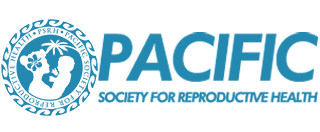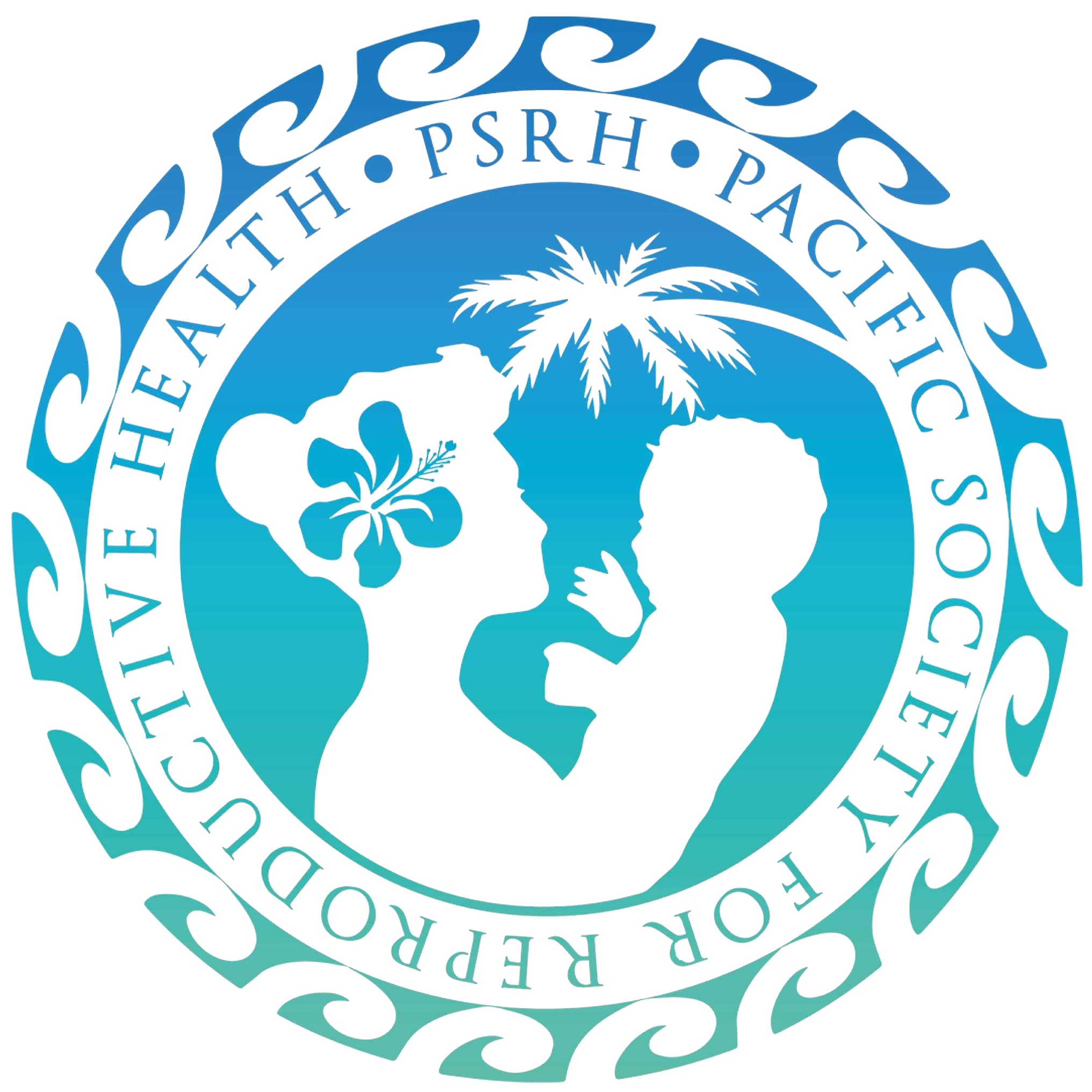When women and girls are able to stay in school longer, access health services and empowered to plan for responsible motherhood, they can improve their social and economic opportunities, and ultimately transform their futures.
Although 70% of the health workforce is made up of women, this is often not reflected in leadership roles. It is important that more women join the ranks of health leadership where decisions are made about the health of women and girls
On the occasion of International Women’s Day on 8th March we reflect on the universal theme of “press for progress” through actions to advocate for gender equality and women’s empowerment. This annual event is a global day celebrating the social, economic, cultural and political achievements of women. The day also marks a call to action for accelerating gender equality and acts as a catalyst for facilitating change for progress.
For health professionals, the theme is focused around women in health leadership. As health advocates, we try to make this theme meaningful and valuable so that it inspires us in our everyday work. For many, the theme maybe just one of those catch-phrases for global attention to support a global health agenda. On a positive side, we can usefully apply the theme for our own purpose and advantage. If organisations, groups or individuals analyse the theme and unfold its meaning, we can gain better understanding of what it means for different settings, and how we may be able to advocate for women leaders in the health sector.
In some parts of the Pacific region, women are indeed already taking up positions of health leadership in many fronts and at all levels. Statistics indicate that at least 70% of the health workforce comprises women at various levels of professional responsibilities. A fairly large proportion of them are assigned to mid-level management, while the larger proportion are frontliners for service delivery working as clinical doctors, nurses, midwives and paramedics at all levels of health care.
Pacific women have reached leadership roles as health ministers, executive directors, clinical managers, consultants, heads of sections, health facility managers, supervisors and so forth. While we are making progress in senior leadership, it is important that we recognise that any health professional is a leader in his/her area of work, regardless of hierarchy. But often times, the role of leadership is not strongly embedded in job descriptions and remains a weak component of the recruitment and orientation process. As such, our current workforce systems often fall short in bringing about the essence of leadership functions, appropriate and relevant for different positions.
How do we address this shortfall? Often times the leadership roles are not well articulated in job descriptions; a missed opportunity. Therefore, we need to recognise its importance, provide an enabling environment to allow women to exercise leadership roles, and empower them so they can develop, expand their horizons and ultimately maximise their contribution to health outcomes.
Advocating for women in health leadership can impact on the way we work and the approaches we take for bringing about maximum health outcomes. The theme portrays the critical role of women as catalysts for change in health sector development.
“Women in health leadership” reminds us that as health professionals, we can influence health outcomes by supporting, advocating and investing in women to become stronger leaders in the health sector. There is ample evidence that investing in women is the most effective way to lift communities, organisations, and even countries to better socio-economic gains. Women’s participation makes strategic directions for health care stronger, societies more resilient and economies more vigorous. Women’s empowerment and leadership is critical to ensuring success across all 17 Sustainable Development Goals.







